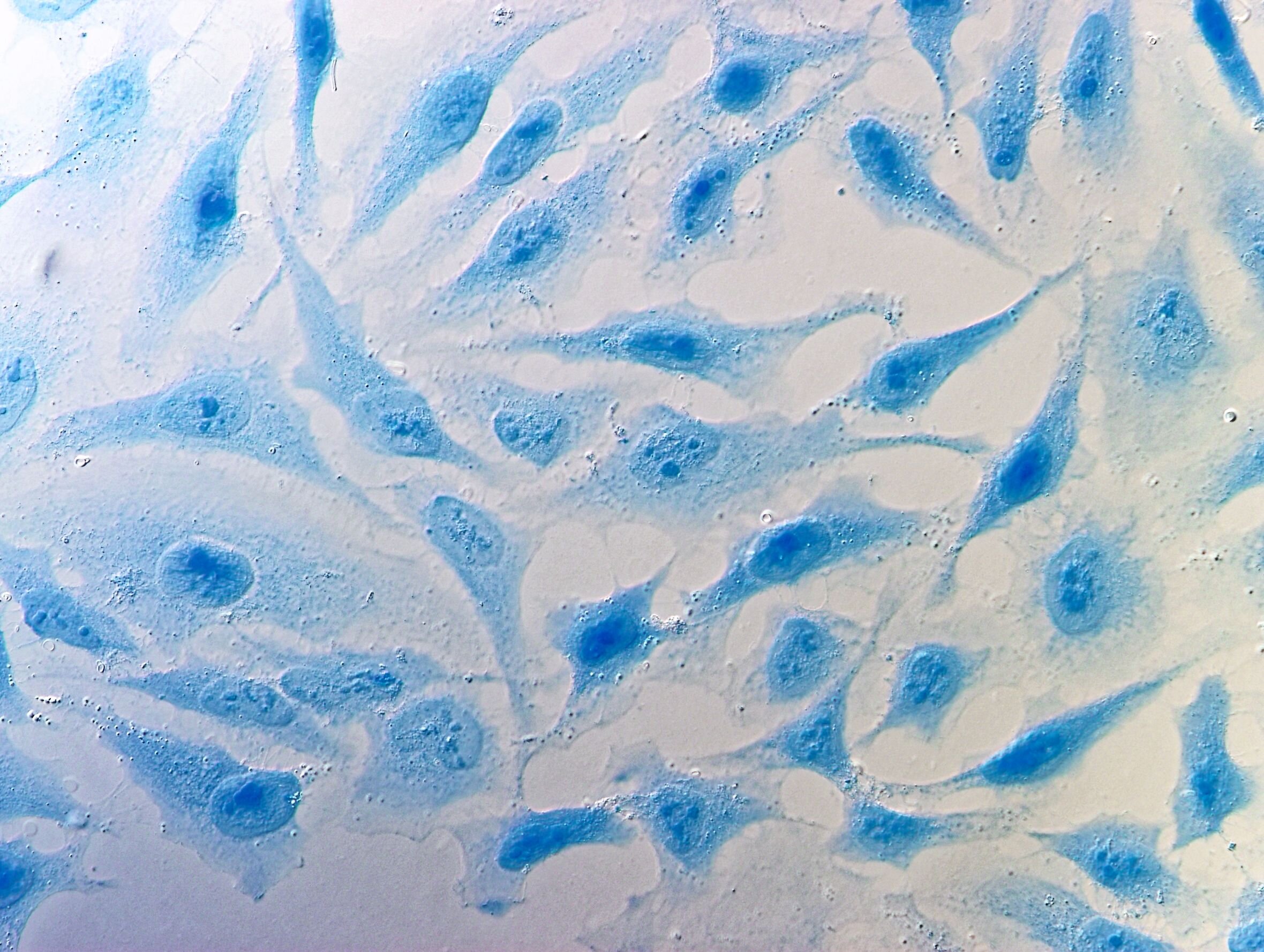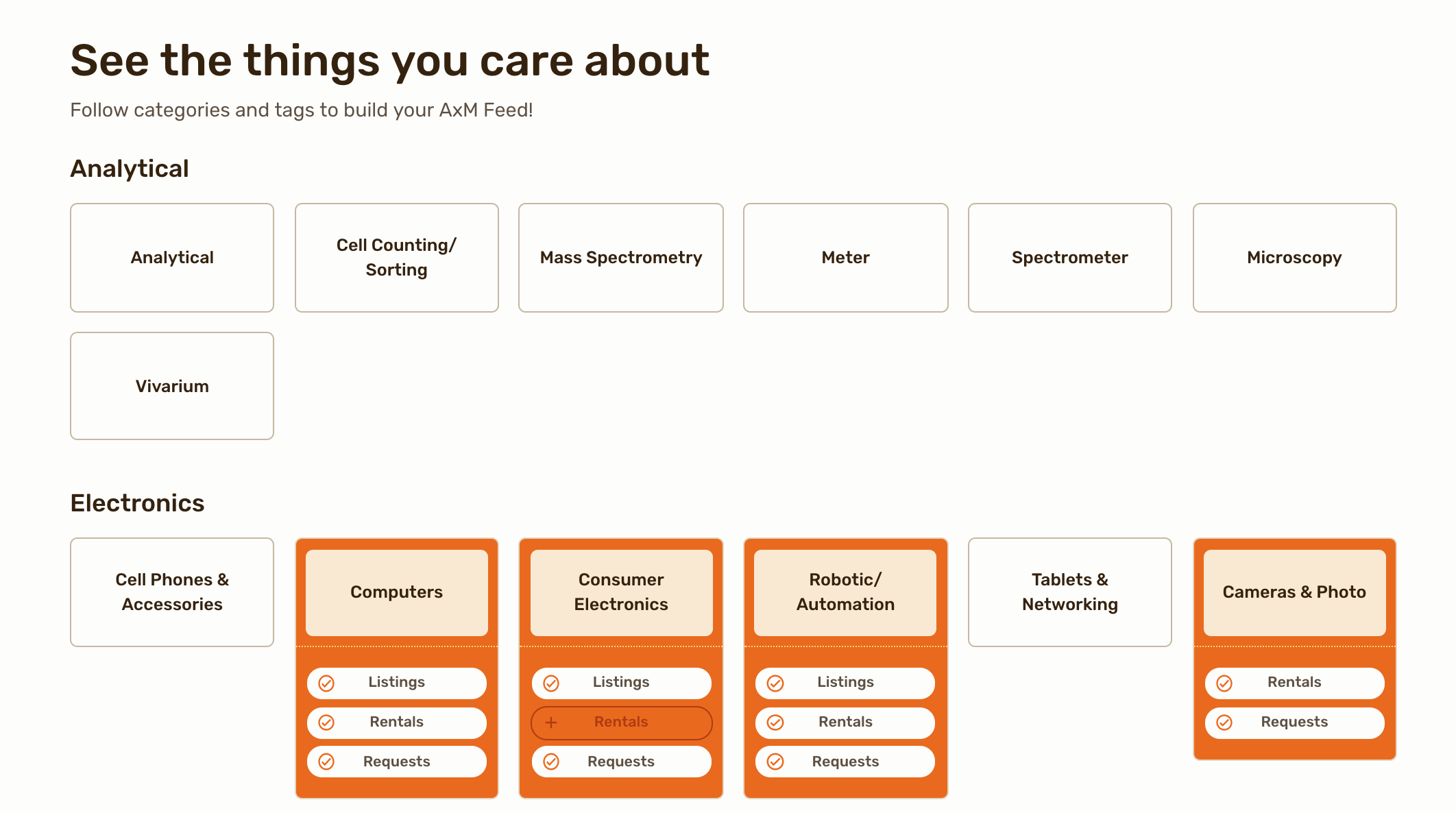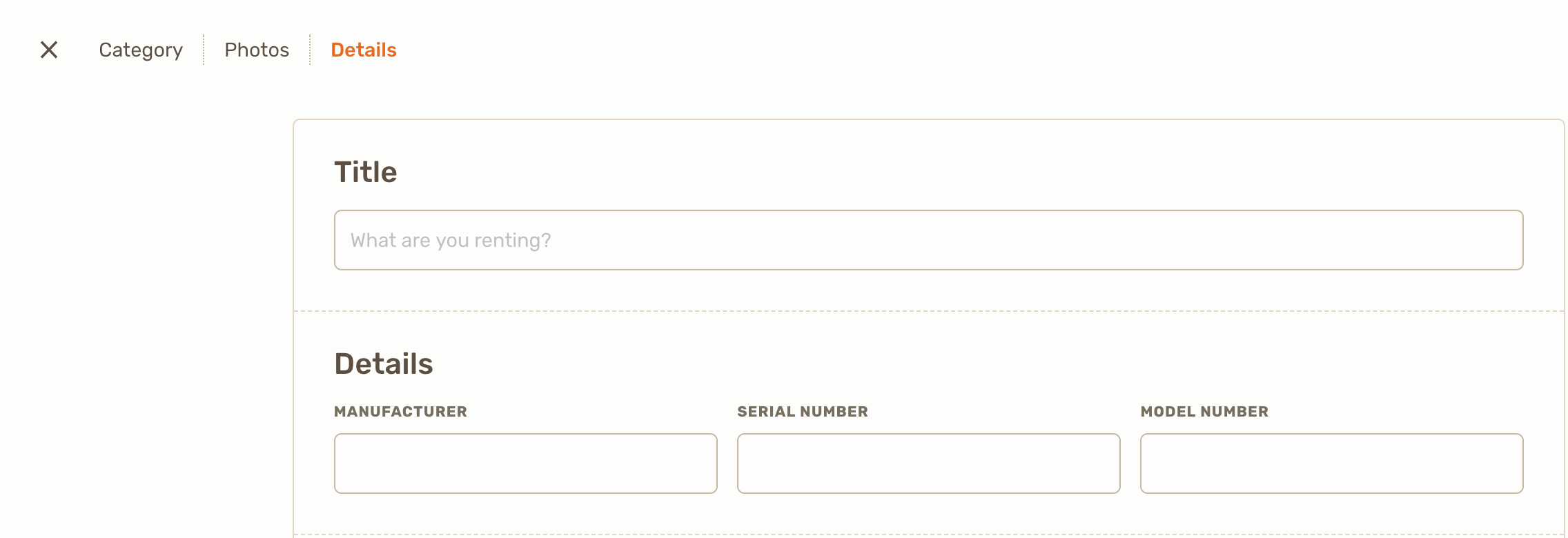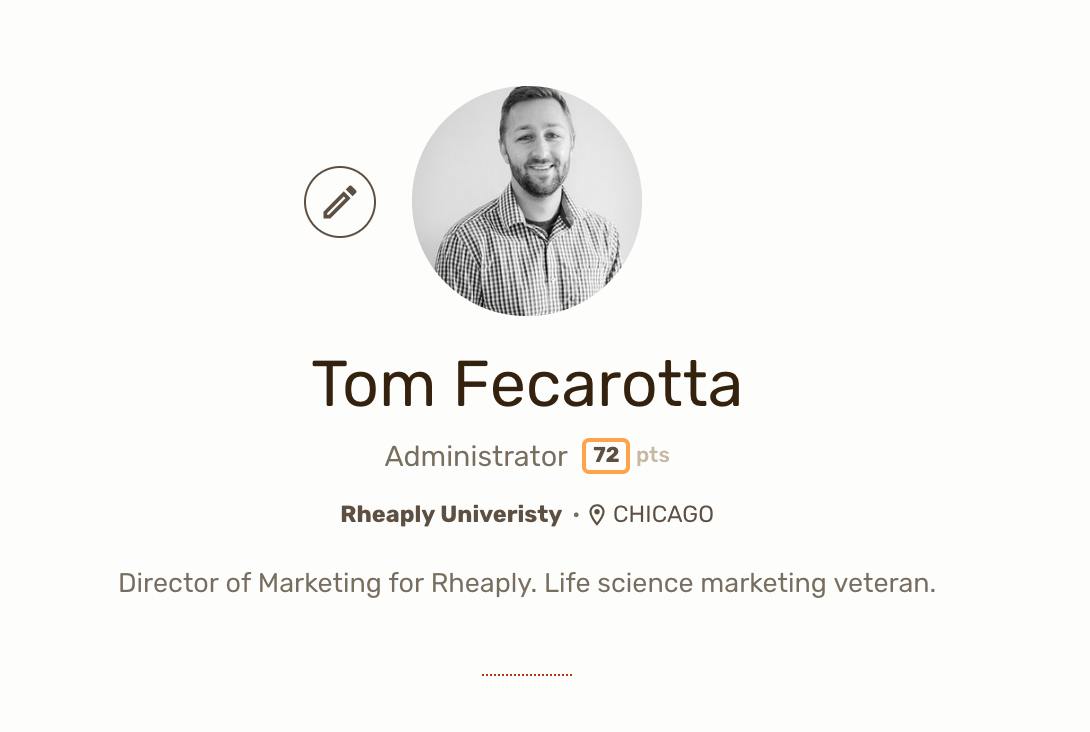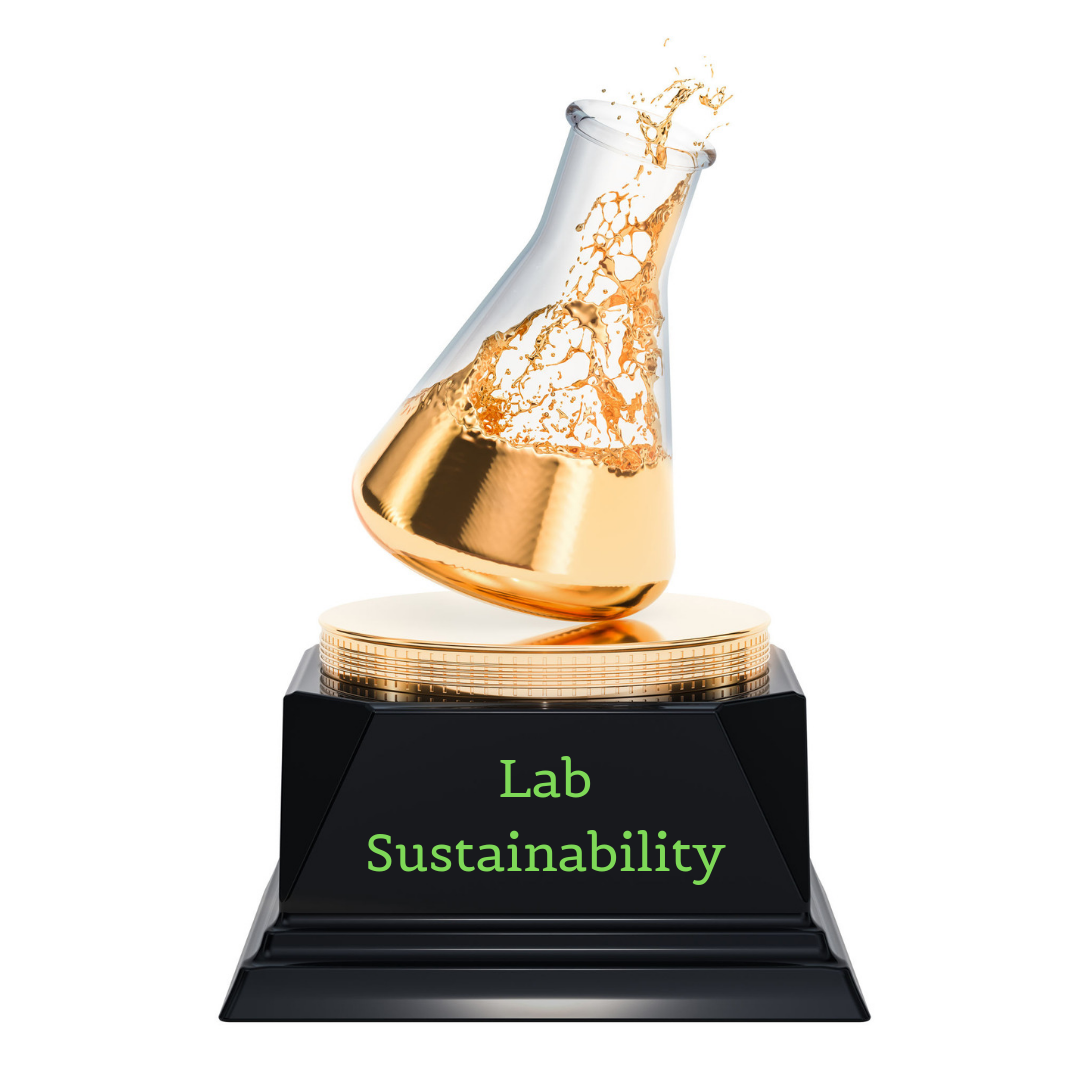Cell culture vessels are one of the most challenging areas of single-use plastics to consider eliminating from biology labs. Never known for complacency, scientists are seeking are already seeking higher performance to optimize cell culture conditions. From a “labconsicous” perspective, ideally, both cell culture growth conditions and sustainability could be improved. This post considers a controversial idea. Could a system for reusable mammalian cell culture plastic flasks ever be developed?
Read MoreThat familiar view of HeLa cells stained with Coomassie blue.

